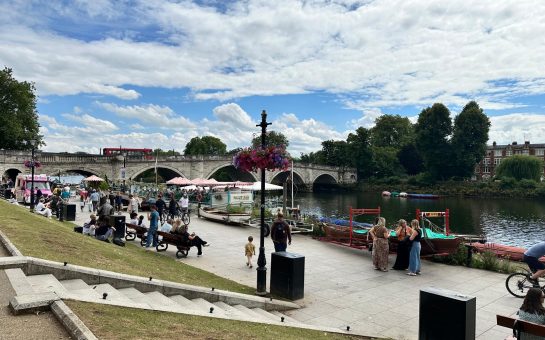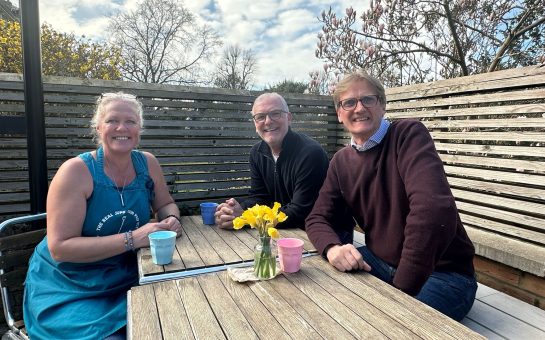Kensington and Chelsea, Sutton and Richmond have high levels of air pollution.

Air pollution is the fifth largest contributor to premature death in some South West London boroughs, according to a number of recent studies.
A recent Public Health England (PHE) report estimated that 842 people in South West London died from long term exposure to fine particulate pollution in 2010 – making up almost a quarter of the deaths attributable to pollution in London.
Long-term exposure to ambient air pollution accelerates deaths from heart disease (CVD), lung diseases and cancers, and other major killers and is not thought to be the primary cause of death.
Dr Iarla Kilbane-Dawe, an air pollution consultant, compiled a report ranking deaths attributable to the effects of air pollution against other major causes of death in all London boroughs, except the City of London.
Kensington and Chelsea, Sutton and Richmond were the boroughs in South West London where mortality attributable to air pollution’s effects ranked 5th place, after causes such as cancer and heart disease.
“It is a matter of great importance,” said Dr Kilbane-Dawe.
“Even at the relatively low levels that we have here compared to countries like China, it is still quite a significant cause of death.”
In fact, the World Health Organisation (WHO) recently released figures exposing London (as well as other UK cities) for breaching safety levels for air pollution.
They found that only 12% of the people living in cities reporting on air quality reside in cities which comply with WHO air quality guideline levels, with about half of the urban population monitored exposed to air pollution that is at least 2.5 times higher than the levels they recommend.
The organisation also emphasised that indoor and outdoor air pollution combined are among the largest risks to health worldwide.
Dr Kilbane-Dawe attributes the dangerous levels of pollution in our cities to strategic errors in encouraging diesel use in the recent past.
“There is no quick solution to this problem,” he said.
“Realistically it will take 20-30 years before we actually tackle the issue and are able to see positive effects take place.”
Possible action includes the phasing out of diesel-run vehicles and increased usage of electrically powered ones, as well as changes in city layouts to decrease exposure from traffic fumes for pedestrians. Many of which are being looked at by the government in the wake of the evidence found.
Dr Kilbane-Dawe advises everyone to avoid walking near congested streets in favour of quieter streets as air pollution is quite concentrated on roads.
He added that wearing a mask is not an effective way to combat pollution as the fabric cannot filter out the minuscule harmful particles in the air.
Photo courtesy of David Holt London, with thanks.
Follow us @SW_Londoner




